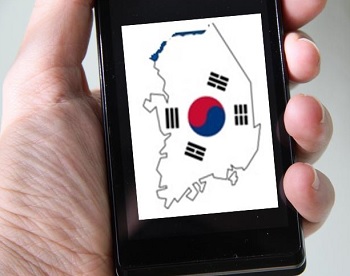The industry is discovering that there are some serious benefits to implementing smartphone friendly strategies.
The World Tourism Organisation has reported that one of the primary socio-economic development drivers in Africa is the growing tourism industry, and mobile technology is playing an increasing role in the boom of international visitors to countries across that continent.
In 2000, there had been an estimated 26 million visitors to Africa, but by last year, that figure skyrocketed to 56 million.
FNB Business niches head, Wiza Nyondo, explained that “Tourism in Africa continues to prove its resilience despite numerous challenges across the continent. In South Africa, the sector faces challenges such as the lack of consistent power supply and restrained economic growth. However, a weaker Rand mitigates some of these factors as the country remains a cost-effective destination for international travelers.” Nyondo went on to express that mobile technology in tourism has created a “boom”, and that it is vital for the local sector to take hold of that information and use it to sustain the highly favorable growth rate.
Among the mobile technology offerings that were identified as beneficial were apps and payment systems.
 He explained that mobile tech developments have already shown themselves to be “differentiators for tourism industry players” because they give those various participants a means by which they can showcase their services and form a real-time connection with potential customers. Furthermore, the latest smartphone and tablet based tech makes it possible for clients to use mobile platforms for processing payments, which enhances the convenience for both tourists and the individuals and companies that are serving them.
He explained that mobile tech developments have already shown themselves to be “differentiators for tourism industry players” because they give those various participants a means by which they can showcase their services and form a real-time connection with potential customers. Furthermore, the latest smartphone and tablet based tech makes it possible for clients to use mobile platforms for processing payments, which enhances the convenience for both tourists and the individuals and companies that are serving them.
Among the primary challenges being faced at the moment is in the speed of the rollout of new and useful technologies and in the expansion and improvement of the current infrastructure. The reason is that those components are large scale projects but they will be absolutely vital to the evolution of mobile marketing, m-commerce, and smartphone based banking and payments on the African continent.
Nyondo also pointed out that the continued success and contribution of mobile technology in tourism will require “a strong and highly competitive local banking sector”.

 As mobile commerce continues to grow, many companies are expected to place more focus on
As mobile commerce continues to grow, many companies are expected to place more focus on 